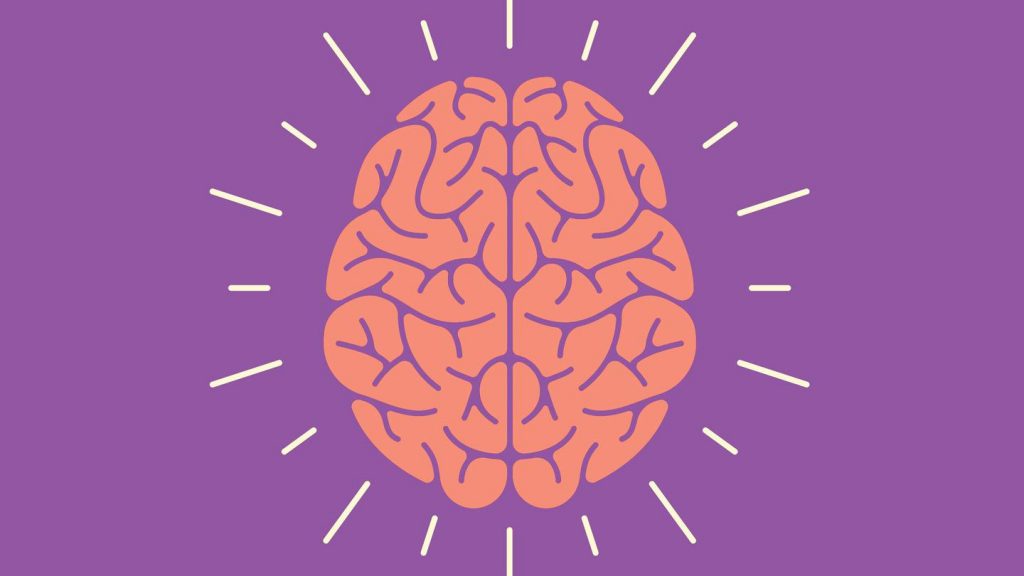
Nội dung bài viết / Table of Contents
This post is also available in: Tiếng Việt (Vietnamese)

Epilepsy is a chronic disorder, the hallmark of which is recurrent, unprovoked seizures. Seizure symptoms can be various and many patients have more than one type of seizure and may have other symptoms of neurological problems as well.
It can be managed by reducing your risk factors. Please discuss with your doctor for further information.
Seizure signs and symptoms may include:
There may be some symptoms not listed above. If you have any concerns about a symptom, please consult your doctor. Suffering a seizure at certain times can lead to circumstances that are dangerous to yourself or others, such as:
You should seek immediate medical help if any of the following occurs:
If you have any signs or symptoms listed above or have any questions, please consult with your doctor. Everyone’s body acts differently. It is always best to discuss with your doctor what is best for your situation.
Statistics show that over half of epilepsy cases, a cause cannot be found. In case of an identifiable cause, it usually involves the brain being affected by various factors.
Certain factors may increase your risk of epilepsy:
The information provided is not a substitute for any medical advice. ALWAYS consult with your doctor for more information.
Along with reviewing your symptoms and medical history, to diagnose your condition, your doctor may conduct several tests, such as:
Treatment for epilepsy is used to control seizures, although not everyone with the condition will need to be treated.
Many drugs are available to treat epilepsy. The choice of drug is most often based on factors like the patient’s tolerance of side effects, other illnesses he or she might have, and the medication’s delivery method.
Although the different types of epilepsy vary greatly, in general, medications can control seizures in about 70% of patients.
However, there are some side effects of epilepsy drugs, include:
Surgery is most commonly done when tests show that your seizures originate in a small, well-defined area of your brain that does not interfere with vital functions such as speech, language, motor function, vision or hearing. In surgery, your doctor removes the area of your brain that is causing the seizures.
But if your seizures originate in a part of your brain that cannot be removed, your doctor may recommend a different type of surgery in which surgeons make several cuts in your brain. These cuts are designed to prevent seizures from spreading to other parts of your brain.
Although many people continue to need some medication to help prevent seizures after successful surgery, you may be able to take fewer drugs and reduce your dosages.
In a small number of cases, surgery for epilepsy can cause complications such as permanently altering your thinking (cognitive) abilities.
Although epilepsy can affect people in various ways with different experience, there are some tips that can help.
If you have any questions, please consult with your doctor to better understand the best solution for you.